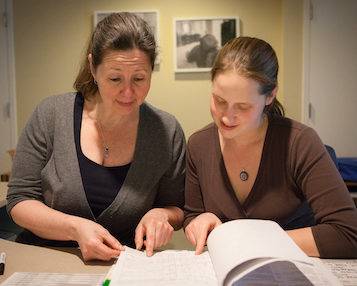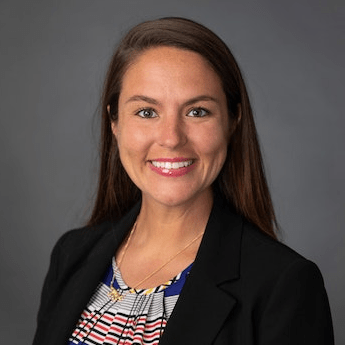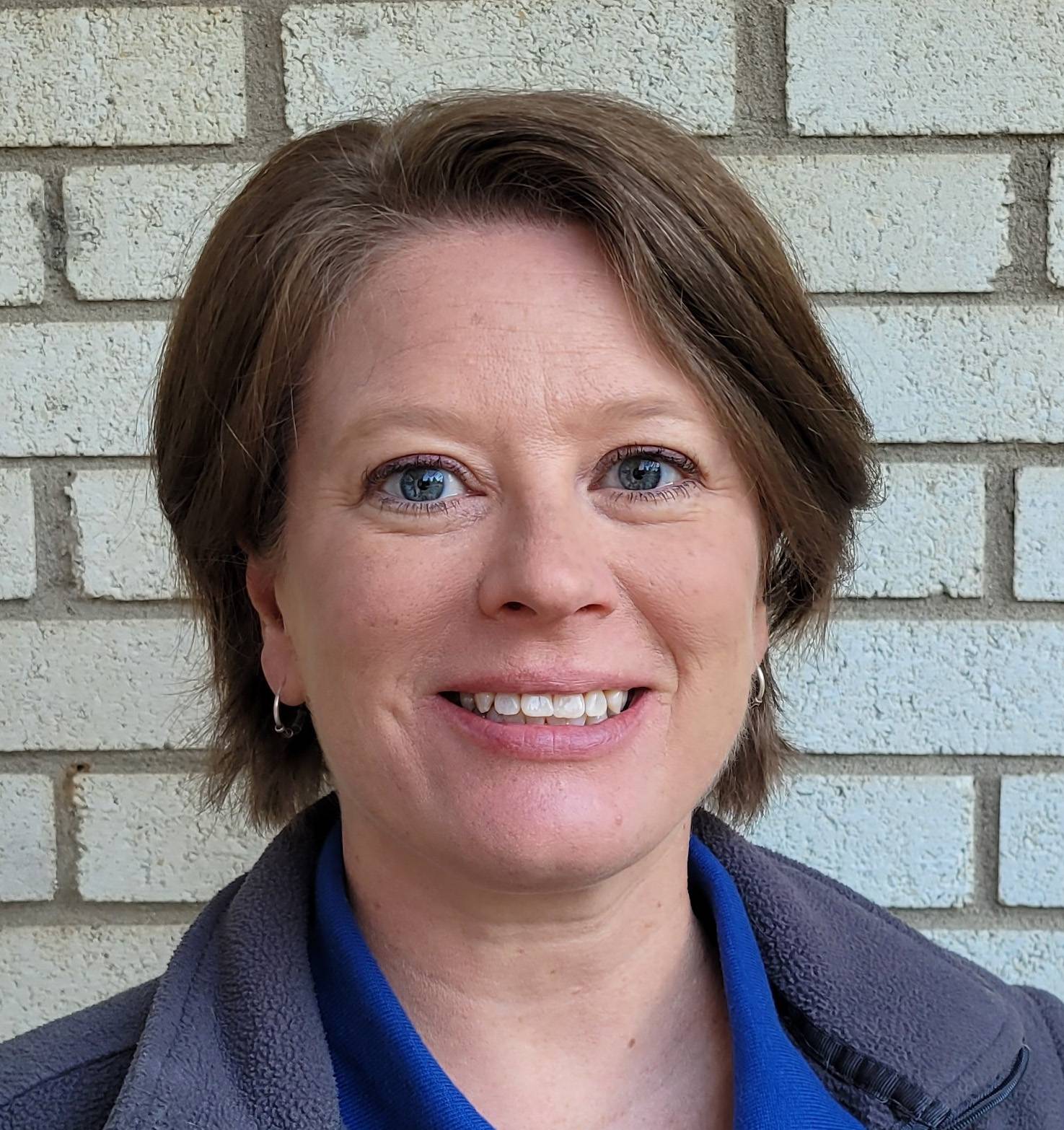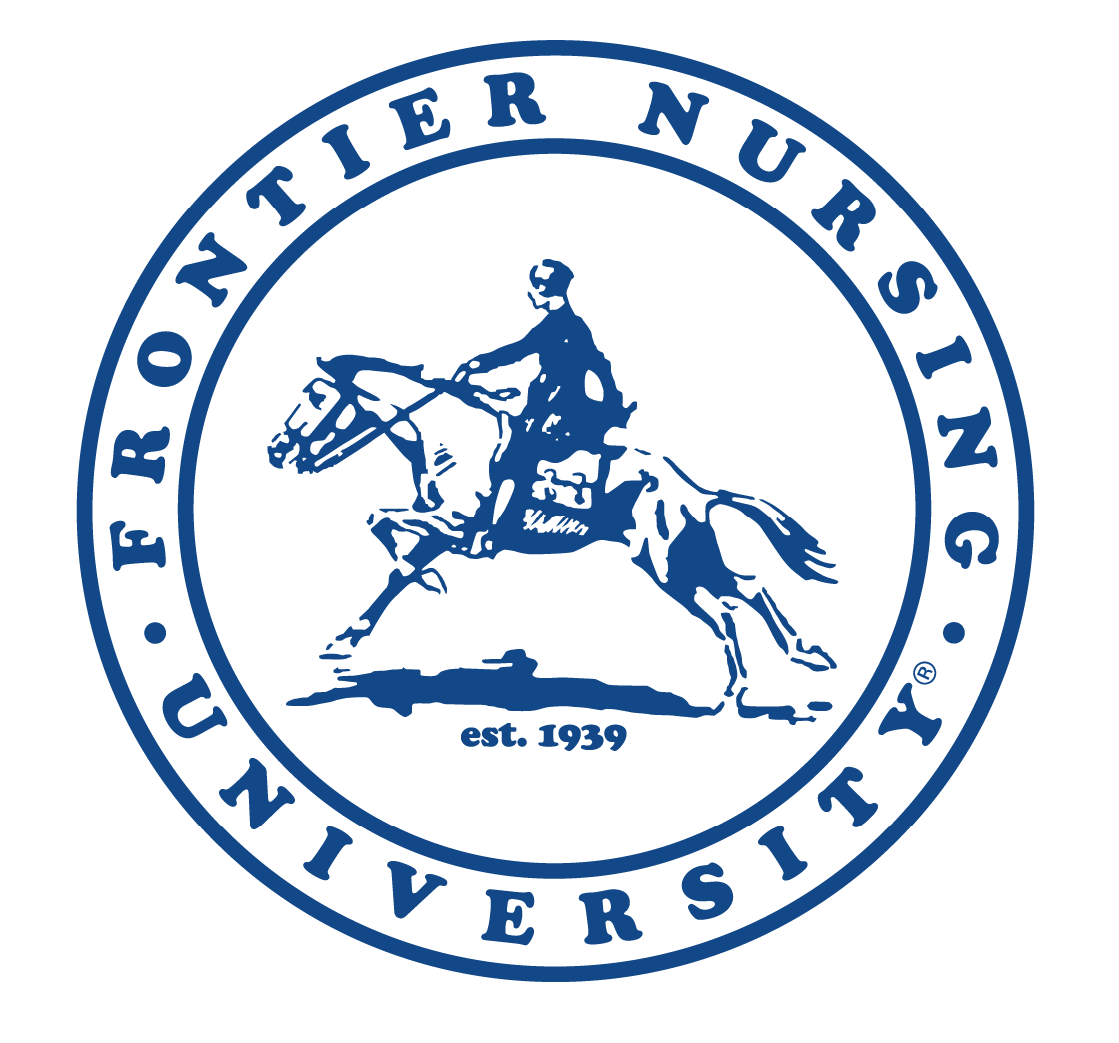 At FNU, students are not alone in their search for clinical site placement. Our clinical support teams are with them every step of the way.
At FNU, students are not alone in their search for clinical site placement. Our clinical support teams are with them every step of the way.
FNU students complete coursework online and a clinical experience in their home communities across the country. The convenience and flexibility that distance education brings to nurse-midwifery and nurse practitioner students is one of FNU’s primary advantages. Another great benefit to students is FNU’s dedicated staff and faculty teams who assist in identifying and selecting qualified preceptors and customizing a clinical experience to each student’s unique needs and interests.
Preceptors (nurse-midwives, nurse practitioners and other healthcare providers) play a crucial role in mentoring students and helping them gain the clinical experience they need for long-term success. Our Clinical Outreach and Placement Services Team helps students connect with preceptors in their program area, ensuring the student’s needs, interests and goals are met during their clinical experience.
I found the Clinical Outreach and Placement Office very helpful in helping me navigate what steps I should be taking next and as a sounding board for my ideas and concerns.”
- Crystal Miller FNU Student
The team is led by Director of Clinical Outreach and Placement Stephanie Boyd and supported by Clinical Advisors Katie Graves, Caitlin Rivard and Jamie Wheeler, as well as Clinical Services Coordinator Brittany Bachman. Katie, Caitlin and Jamie assist students with placement for clinical rotations, and Brittany provides attentive customer service to our preceptors. This team partners with students to:
- Provide assistance and resources in locating clinical sites and preceptors
- Troubleshoot challenging situations
- Work one-on-one with students to navigate the overall clinical search process
- Bring support and customer service to FNU's vast preceptor network

Director of Clinical Outreach and Placement Stephanie Boyd

Clinical Advisor
Katie Graves

Clinical Advisor
Caitlin Rivard

Clinical Advisor
Jamie Wheeler

Clinical Services Coordinator
Brittany Bachman
Additionally, students are supported by Regional Clinical Faculty (RCF) and the Clinical Credentialing Team, led by Director of Clinical Credentialing Jodi Dickey, MAHEA.
Regional Clinical Faculty are talented and experienced practitioners across the U.S. who help ensure clinical success by:
- Ensuring a student’s identified clinical site(s) and preceptor(s) are appropriate for program requirements
- Serving as student mentors throughout the clinical practicum

Director of Clinical Credentialing
Jodi Dickey
The Clinical Credentialing Team assists students in the clinical credentialing process. Our dedicated Clinical Credentialing Coordinators work to:
- Establish an affiliation agreement (contract) with clinical sites
- Exchange certificates of insurance
- Credential preceptors
- Facilitate student onboarding at sites
- Meet state board of nursing requirements for clinical placement
We just want to make sure that our students know that we are here to help them any way we can. We have tools and resources to help them conduct their search and are always happy to hear their success stories.”
- Katie Graves Clinical Advisor
FNU’s other clinical support resources include:
- Community Map. FNU students have exclusive access to our Community Map which houses a network of nearly 13,000 clinical sites and 16,000 preceptors throughout all 50 states with new preceptors and sites continually added.
- Insurance. FNU provides general and professional liability insurance for all clinical students.
- Case Days. Case Days are held in-person or virtually across the U.S., where students who are in their clinical practicum present cases to facilitate group discussion of management options. These seminars provide opportunities for group learning and networking with students, faculty, alumni, and local practitioners within the region.
If you or someone you know is interested in becoming a nurse-midwife or nurse practitioner, we are now accepting applications on a rolling basis. Applicants can learn the status of their application as soon as four to five weeks after complete and valid application materials are received by FNU’s Admission Services.
To learn more about FNU’s dedicated clinical placement services, visit our website.
To learn more about becoming a preceptor, visit Frontier.edu/preceptor.


 Dr. Nikia Grayson, DNP, MSN, MPH, MA, CNM, FNP-C, FACNM (she/her) is a trailblazing force in reproductive justice, blending her expertise as a public health activist, anthropologist, and family nurse-midwife to champion the rights and health of underserved communities. Graduating with distinction from Howard University, Nikia holds a bachelor’s degree in communications and a master’s degree in public health. Her academic journey also led her to the University of Memphis, where she earned a master’s in medical anthropology, and the University of Tennessee, where she achieved both a master’s in nursing and a doctorate in nursing practice. Complementing her extensive education, she completed a post-master’s certificate in midwifery at Frontier Nursing University.
Dr. Nikia Grayson, DNP, MSN, MPH, MA, CNM, FNP-C, FACNM (she/her) is a trailblazing force in reproductive justice, blending her expertise as a public health activist, anthropologist, and family nurse-midwife to champion the rights and health of underserved communities. Graduating with distinction from Howard University, Nikia holds a bachelor’s degree in communications and a master’s degree in public health. Her academic journey also led her to the University of Memphis, where she earned a master’s in medical anthropology, and the University of Tennessee, where she achieved both a master’s in nursing and a doctorate in nursing practice. Complementing her extensive education, she completed a post-master’s certificate in midwifery at Frontier Nursing University.









 Dr. Tia Brown McNair is the Vice President in the Office of Diversity, Equity, and Student Success and Executive Director for the Truth, Racial Healing, and Transformation (TRHT) Campus Centers at the American Association of Colleges and Universities (AAC&U) in Washington, DC. She oversees both funded projects and AAC&U’s continuing programs on equity, inclusive excellence, high-impact practices, and student success. McNair directs AAC&U’s Summer Institutes on High-Impact Practices and Student Success, and TRHT Campus Centers and serves as the project director for several AAC&U initiatives, including the development of a TRHT-focused campus climate toolkit. She is the lead author of From Equity Talk to Equity Walk: Expanding Practitioner Knowledge for Racial Justice in Higher Education (January 2020) and Becoming a Student-Ready College: A New Culture of Leadership for Student Success (July 2016 and August 2022 Second edition).
Dr. Tia Brown McNair is the Vice President in the Office of Diversity, Equity, and Student Success and Executive Director for the Truth, Racial Healing, and Transformation (TRHT) Campus Centers at the American Association of Colleges and Universities (AAC&U) in Washington, DC. She oversees both funded projects and AAC&U’s continuing programs on equity, inclusive excellence, high-impact practices, and student success. McNair directs AAC&U’s Summer Institutes on High-Impact Practices and Student Success, and TRHT Campus Centers and serves as the project director for several AAC&U initiatives, including the development of a TRHT-focused campus climate toolkit. She is the lead author of From Equity Talk to Equity Walk: Expanding Practitioner Knowledge for Racial Justice in Higher Education (January 2020) and Becoming a Student-Ready College: A New Culture of Leadership for Student Success (July 2016 and August 2022 Second edition).